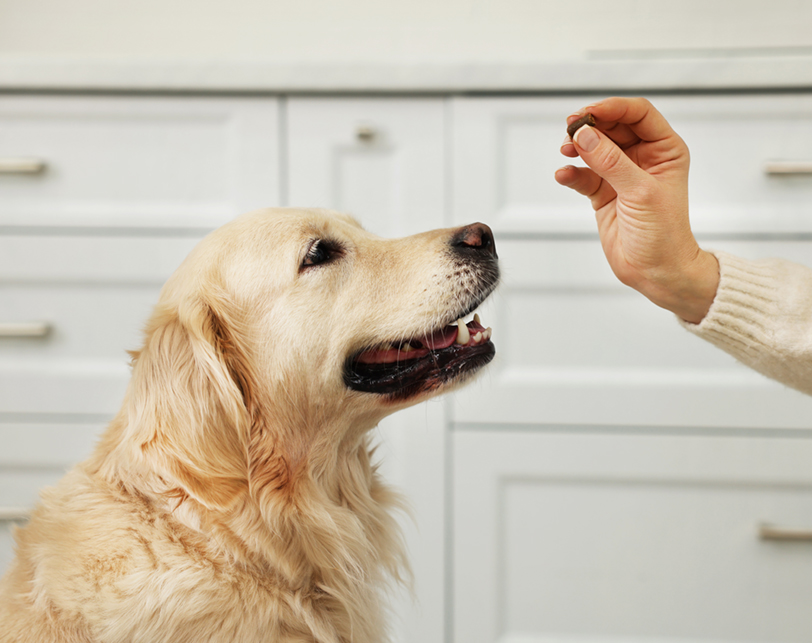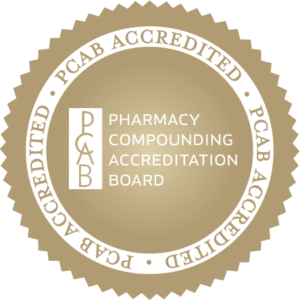Veterinary Compounding Pharmacy
A sick pet or companion animal faces some of the same struggles humans do when ill.
Sometimes the exact medicine required to treat that illness is not available commercially in the right combination, the right dosage, or in a form, the patient can or is willing to tolerate.
Health Dimensions Clinical Pharmacy works with veterinarians to provide medications to pets and companion animals. Each compounded medication is specifically tailored to address their health concern, unlike generalized conventional veterinary medicine.
As with human patients, the process by which these medications are created follows strict guidelines for quality and safety. This includes following United States Pharmacopeia (USP) guidelines for compounded medications.

Helping Veterinarians and Pet Owners
How does a veterinary compounding pharmacy help veterinarians and pet owners?
Any pet owner will confirm how difficult it can be to get an animal to take the required medicine. A compounding pharmacist not only can provide the exact combinations of medications required but can also provide them in a form that is more acceptable to the animal patient. This can include adding flavors, taking what is only commercially available in pill form, and creating a good-tasting suspension more easily tolerated by the pet.
Health Dimensions in Farmington Hills, Michigan works with your furry baby’s veterinarian to find the right medication for the best possible outcome. We make meds for all types of animals, birds, reptiles, cats, dogs, zoo animals, etc.
Common Conditions on Veterinary Care
- GI motility disorders in dogs and cats
- Hyperthyroidism
- Allergies
- Auto-immune disorders
- Canine and Feline Epilepsy
Dosage forms commonly used for pet medication
- Transdermal gels or creams
- Oral Capsules
- Flavored suspensions
Compounded medication commonly used in veterinary cases
- Cisapride
- Prednisolone
- Methimazole
- Metronidazole
- Potassium Bromide
Related Blogs











